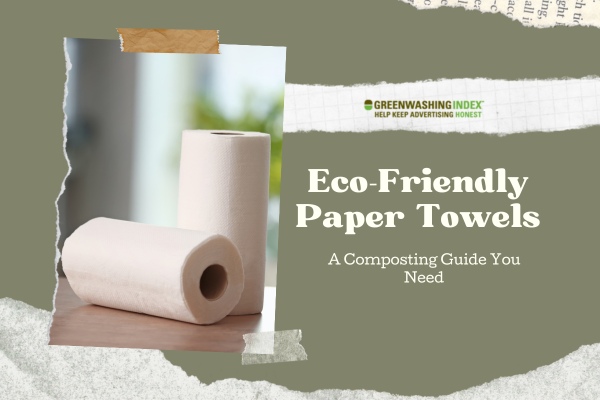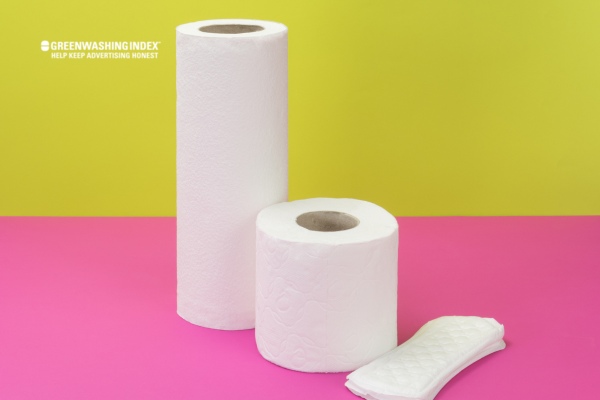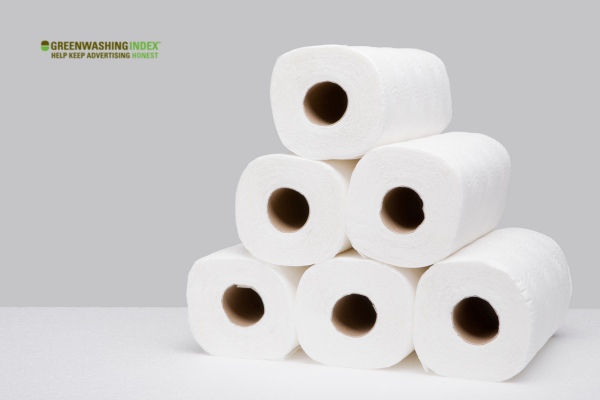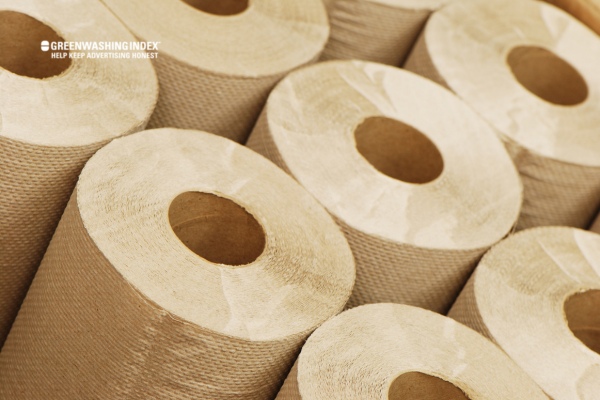

In today’s environmentally conscious world, eco-friendly paper towels are gaining popularity as a sustainable alternative to traditional options. Made from recycled materials and designed to minimize waste, these towels not only help reduce deforestation but also promote a cleaner planet.
As more consumers seek greener choices, the benefits of switching to eco-friendly paper towels extend beyond personal use, contributing to a larger movement towards sustainability. Embrace this change and discover how simple choices can lead to a significant impact on our environment.
The compostability of paper towels is essential for promoting sustainable waste management practices. Many people assume that all paper towels can be composted simply because they are made from paper. However, this is a misconception.

The compostability of paper towels depends on several factors, including their materials, production processes, and whether they have been contaminated with chemicals or food residues. By clarifying these points, we can make informed decisions about how to dispose of paper towels responsibly.
By addressing these misconceptions, we can better understand how to utilize paper towels in an eco-friendly manner and contribute positively to our environment.
The growing awareness of environmental issues has led many consumers to seek out eco-friendly alternatives in their daily lives, including paper towels. Eco-friendly paper towels are designed to minimize environmental impact by using sustainable materials and production methods. Understanding the benefits and characteristics of these products can help consumers make informed choices that contribute to sustainability efforts.
Here are some key points about eco-friendly paper towels:
The ones you wanna invite over for some decomposition dance-offs should be:
This way, you’ve got yourself some genuine eco-friendly paper towels that won’t leave any unwanted gifts in your garden.
What we usually see around is that many companies slap on “green” labels, but playing detective will show whether their eco-friendly claims hold up under scrutiny – check those ingredients!
Composting paper towels is a great way to reduce waste and create nutrient-rich soil for your garden. Paper towels are typically made from plant fibers, which can easily break down and decompose in a compost pile. By composting your used paper towels, you can divert them from the landfill and contribute to a more sustainable lifestyle.

Composting paper towels is surprisingly straightforward, but as with anything worth doing, there’s a proper way to do it. Let’s break it down into simple steps anyone can follow:
Now remember – not all used ones are fit for the pile! If they’ve wiped up anything oily or chemical-laden, play it safe and keep them out of your garden goldmine.
When you adopt sustainable waste management habits like composting eco-friendly paper towels, you’re signing up for some great benefits:
I’ve seen firsthand how incorporating even just this small habit into my lifestyle aligns with my overall mission for greener living practices—and trust me when I say: Mother Earth, thank you too!
When I think about green living practices and incorporating biodegradable household products into my routine, composting paper towels often comes up. But, before I toss paper towels into my compost bin, it’s important to consider the possible risks. Here’s what we need to be aware of:

Believe it or not, those handy paper towels aren’t always as innocuous as they seem. Let’s break down the potential risks lurking in non-eco-friendly brands:
So, when we’re talking about compostable paper towels and sustainable waste management, these chemical concerns mean you’ve got to be selective. The presence of synthetic chemicals impedes the breakdown process and may ultimately harm the beneficial microbes in your soil.
Getting eco-friendly paper towels right is key for an effective and safe addition to our compost. Check out these pointers for selecting true eco-friendly varieties:
By considering these potential hazards while composing paper towels and carefully choosing what you throw into the mix, you’re doing your part towards sustainable waste management—I mean who wouldn’t be responsible citizens while keeping our gardens happy? It’s all about taking those baby steps towards more sustainable living; let’s keep pushing forward!
While composting used paper towels is a commendable practice, it’s not the only way to handle your moistened and eco-friendly paper towels. Let me walk you through two other approaches: recycling and repurposing at home — both promoting sustainable waste management.
So, you’ve just dried your hands with an eco-friendly paper towel. Now what? Should you toss it in the compost bin or the recycling one? Which method aids in lessening paper towel environmental impact more effectively?
I hate to break it up to you, but very few recycling centers accept soiled or wet paper products – and this includes our much-loved eco-friendly paper towels. The reason is that such items reduce the quality of recycled pulp making fewer batches viable for recycling.
Nevertheless, keep these insights handy:
Therefore, both practices hold their own merits; deciding which one is right calls introspecting your lifestyle and available resources.
For a start, composting allows biodegradable household products like these paper towels to decompose naturally with other organic matter generating rich, nutritious soil additive ideal for your garden. It’s beneficial because:
Remember, only used eco-friendly paper towels devoid of any cleaning chemicals should be added to a compost pile!
Apart from composting or proper disposal methods, I believe in extracting every bit of utility from these trusty absorbents. So, I compiled a list of innovative ways to reuse or repurpose used paper towels. Believe me, these green living practices will astonish you!
Innovation is limitless when it comes to reusing these eco-friendly paper towels; small changes can significantly contribute towards sustainable waste management endeavors. So, next time you grab one, remember its potential goes far beyond just mere hand-drying!
There you have it: multiple uses and responsible ways to deal with used paper towels that aren’t harmful to our environment. While all options emphasize reducing waste and promoting recycling—ultimately adopting any will guide us towards an ecosystem that’s in harmony with humanity’s needs.
In an active compost pile, a non-printed or undyed Eco-Friendly Paper Towel should start to break down after two to five weeks. However, perfect conditions have to be met and the materials need to be turned regularly.
Not all paper towels are created equally. Some are thick with synthetic fibers, others possess traces of chemicals from bleach or dyes. Stick to the eco-friendly variety; these paper towels are more suitable for composting.
While colored and printed paper towels look fun, they may contain inks that aren’t environment-friendly. Composting them could introduce harmful chemicals into your compost. When in doubt, sticking with plain white Eco-Friendly Paper Towels is best for your garden and the environment.
For those not keen on dealing with compost, consider reusable cloth rags as an alternative. This way you reduce waste entirely while maintaining cleanliness around the home. Other options include using bamboo or recycled materials that contribute less to landfills if disposed of correctly.
Paper towels are generally biodegradable and compostable, but their environmental impact depends on disposal methods and materials used in production.
The environmental impact of paper towels is an important consideration for consumers. While traditional paper towels are not biodegradable, eco-friendly paper towels made from recycled materials or sustainable sources offer a greener alternative. These products break down more easily in landfills, reducing waste and promoting sustainability.
Choosing biodegradable options not only helps minimize ecological footprints but also supports responsible manufacturing practices. By opting for eco-friendly paper towels, individuals can contribute to a healthier planet while maintaining convenience in their daily lives.

Don't let aphids, slugs, and caterpillars ruin another plant. Take back control with simple, natural methods that actually work.